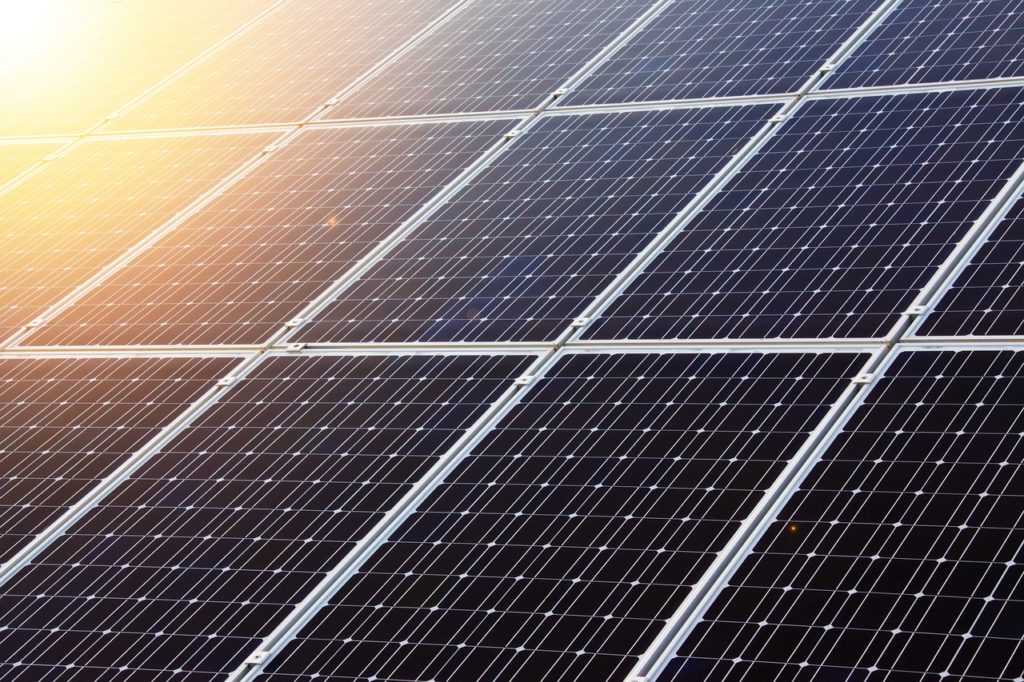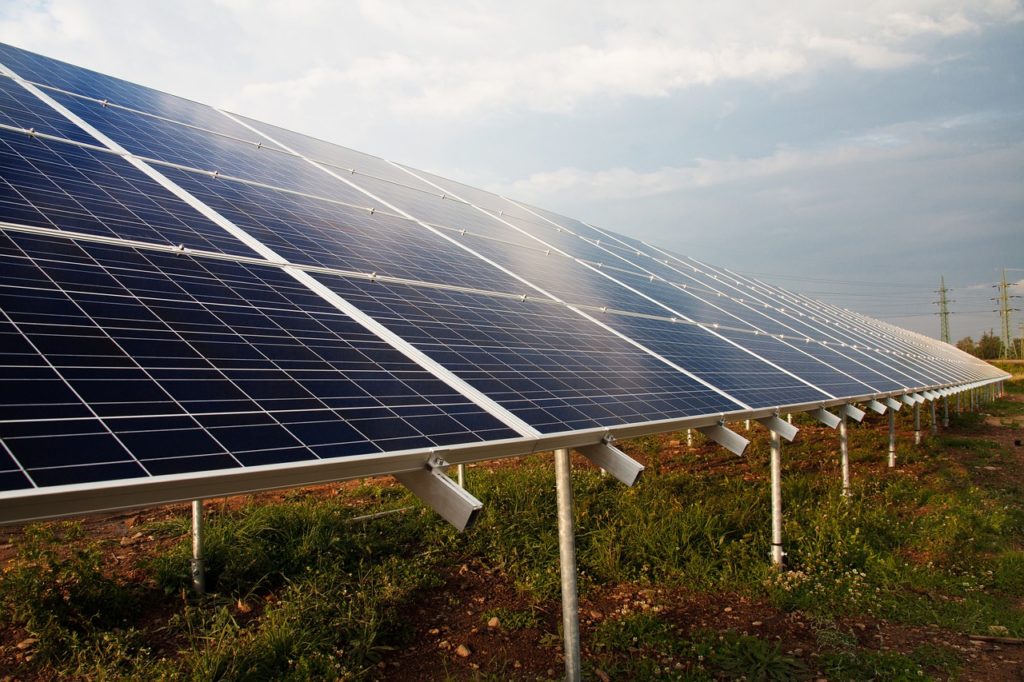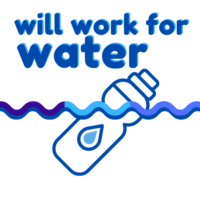Are you aware of the incredible advantages associated with wastewater reuse? This innovative process not only helps conserve water resources, but also contributes to the preservation of the environment. By treating and repurposing wastewater, we can provide numerous benefits such as tackling water scarcity, reducing pollution, and even creating new opportunities for sustainable agriculture. In this article, we will explore the various advantages of wastewater reuse and shed light on its potential to revolutionize our approach to water management. So, let’s delve into the fascinating world of wastewater reuse and discover the positive impact it can have on our planet.
The Advantages of Wastewater Reuse
Wastewater reuse, also known as water recycling, is a sustainable practice that offers numerous environmental, economic, social, agricultural, industrial, climate change mitigation, water security, legal and regulatory, technological, and societal benefits. By adopting wastewater reuse practices, individuals, communities, and industries can play a vital role in conserving water resources, reducing pollution, protecting natural ecosystems, saving costs in water treatment, and promoting economic growth. Additionally, wastewater reuse improves public health and sanitation, increases access to water, enhances livelihoods, supports sustainable irrigation practices, acts as a nutrient-rich fertilizer source, improves crop resilience and yield, reduces process water requirements, conserves energy, minimizes greenhouse gas emissions, strengthens water resource adaptation, and enhances overall water security. However, challenges such as public perception and acceptance, health and safety concerns, and the need for education and awareness must be addressed for the widespread adoption of wastewater reuse.

1. Environmental Benefits
1.1. Conservation of Water Resources
One of the most significant advantages of wastewater reuse is the conservation of water resources. By treating and reusing wastewater, we can significantly reduce reliance on freshwater sources for various purposes such as irrigation, industrial processes, and domestic use. This conservation of water resources is crucial in regions experiencing water scarcity or facing challenges related to droughts and water stress.
1.2. Reduced Pollution and Contamination
Wastewater contains pollutants and contaminants that, if discharged into the environment without proper treatment, can harm ecosystems and human health. However, by reusing wastewater, we can prevent the release of these harmful substances into rivers, lakes, and oceans, reducing pollution and contamination and protecting the overall environmental balance.
1.3. Protection of Natural Ecosystems
Wastewater reuse plays a crucial role in safeguarding natural ecosystems. By reducing the withdrawal of freshwater from natural sources, we can maintain the ecological integrity of rivers, wetlands, and other freshwater ecosystems. This, in turn, helps preserve the biodiversity of aquatic species and ensures the healthy functioning of these ecosystems.
2. Economic Benefits
2.1. Cost Savings in Water Treatment
Implementing wastewater reuse practices can lead to significant cost savings in water treatment. Treating wastewater for reuse is often more cost-effective than treating freshwater sources to meet the same quality standards. By reusing wastewater, industries and municipalities can reduce the expenses associated with treating freshwater for various purposes, including industrial processes and drinking water production.
2.2. Decreased Demand for Freshwater
As the demand for freshwater continues to increase, the pressure on existing water resources intensifies. However, by reusing wastewater, we can alleviate this demand, reducing the strain on freshwater sources. Decreasing the reliance on freshwater supplies through wastewater reuse contributes to water resource conservation and promotes the availability of freshwater for essential needs.
2.3. Potential Revenue Generation
Wastewater reuse can also provide financial benefits through potential revenue generation. Treated wastewater, when used for irrigation purposes, can support agricultural activities and enhance crop yields. Moreover, the excess treated wastewater can be sold to industries that require large quantities of water for their operations, generating revenue for wastewater treatment facilities and promoting economic growth.

3. Social Benefits
3.1. Improved Public Health and Sanitation
Wastewater reuse offers improved public health and sanitation benefits. Properly treated wastewater used in agriculture reduces the risk of contamination, ensuring the safety of crops and minimizing the potential for foodborne illnesses. Moreover, reusing wastewater for non-potable purposes, such as toilet flushing or landscaping, reduces the demand for freshwater, ensuring a sustainable and reliable water supply for growing population centers.
3.2. Increased Access to Water
In many regions, access to clean and safe water is limited, leading to various water-related challenges. By embracing wastewater reuse, communities can increase access to water resources, particularly in areas facing water scarcity. The utilization of treated wastewater for irrigation, industrial processes, and non-potable purposes frees up freshwater resources for domestic use, reducing water stress and ensuring equitable water distribution.
3.3. Enhanced Livelihoods
The implementation of wastewater reuse practices can lead to enhanced livelihoods. By providing a reliable water supply for agricultural activities, wastewater reuse supports farmers, enabling them to cultivate crops even in arid regions. This, in turn, promotes food security, improves the socio-economic conditions of communities, and fosters rural development.
4. Agricultural Advantages
4.1. Sustainable Irrigation Practices
Wastewater reuse plays a pivotal role in promoting sustainable irrigation practices. Treating and reusing wastewater in agriculture not only conserves freshwater resources but also provides valuable nutrients to crops. Additionally, using treated wastewater for irrigation ensures a reliable water supply for agriculture, even during periods of drought or water scarcity.
4.2. Nutrient-Rich Fertilizer Source
Wastewater contains valuable nutrients, such as nitrogen and phosphorus, which can serve as fertilizers for crops. By utilizing treated wastewater as a nutrient-rich fertilizer source, farmers can reduce their reliance on synthetic fertilizers, minimizing the environmental impacts associated with their production and application.
4.3. Crop Resilience and Yield Improvement
The use of treated wastewater in irrigation can improve crop resilience and yield. Wastewater, rich in organic matter and nutrients, enhances soil fertility, leading to healthier and more productive crops. Additionally, the consistent water supply from wastewater reuse ensures that crops receive sufficient moisture, thereby reducing water stress and promoting optimal growth.

5. Industrial Applications
5.1. Process Water Requirement Reduction
Industries often require large amounts of water for various processes, such as cooling, manufacturing, and cleaning. Wastewater reuse can significantly reduce the demand for freshwater in these industrial applications. By utilizing treated wastewater, industries can conserve freshwater resources, minimize their environmental footprint, and achieve greater sustainability in their operations.
5.2. Energy Conservation
Wastewater treatment and distribution consume a significant amount of energy. However, by implementing wastewater reuse practices, industries can reduce the energy required for water treatment and distribution. Using treated wastewater as a substitute for freshwater reduces the need for pumping, treatment, and transportation, resulting in energy conservation and reduced greenhouse gas emissions.
5.3. Industrial Symbiosis
Wastewater reuse can facilitate industrial symbiosis, where one industry’s waste becomes another industry’s resource. By establishing symbiotic relationships, industries can share treated wastewater as a valuable resource, promoting resource efficiency, reducing waste generation, and fostering collaborative approaches for sustainable development.
6. Climate Change Mitigation
6.1. Reduction of Greenhouse Gas Emissions
The treatment and distribution of freshwater require significant energy inputs, contributing to greenhouse gas emissions. However, by reusing wastewater, we can reduce these emissions by minimizing the need for freshwater treatment and distribution. Furthermore, by preventing the release of untreated wastewater into the environment, wastewater reuse helps mitigate the generation of methane, a potent greenhouse gas.
6.2. Water Resource Adaptation
Climate change poses challenges to water resources, including increased water scarcity, altered precipitation patterns, and rising temperatures. Wastewater reuse can contribute to water resource adaptation strategies by reducing reliance on freshwater sources and ensuring a stable water supply even in changing climatic conditions.
6.3. Enhanced Resilience
In the face of climate change impacts, building resilience is crucial for communities, ecosystems, and industries. Wastewater reuse enhances resilience by providing a reliable and diversified water source that is less susceptible to climate variability. The availability of treated wastewater ensures a buffer against water scarcity and allows for more sustainable and resilient development.
7. Water Security
7.1. Diversification of Water Supply
Wastewater reuse diversifies the water supply, reducing dependence on a single source and enhancing water security. By incorporating treated wastewater into the water supply portfolio, communities and industries can ensure a more stable and resilient water source, even during periods of drought, water shortages, or infrastructure disruptions.
7.2. Mitigation of Water Scarcity
Water scarcity is a pressing issue in many parts of the world, and it is exacerbated by population growth, climate change, and unsustainable water management practices. Wastewater reuse offers a viable solution for mitigating water scarcity by providing an alternative water source that is not reliant on freshwater supplies. By reusing wastewater, communities can alleviate the pressure on limited freshwater resources, ensuring that water is available for various needs.
7.3. Emergency Water Source
During emergencies such as natural disasters or infrastructure failures, access to safe and reliable water becomes critical. Wastewater reuse can serve as an emergency water source, ensuring that communities have access to water even in challenging situations. By having wastewater treatment and reuse systems in place, societies can enhance their resilience and preparedness for emergencies.
8. Legal and Regulatory Framework
8.1. Encouragement of Wastewater Reuse
Governments play a crucial role in promoting wastewater reuse through legal and regulatory frameworks. By encouraging the adoption of wastewater reuse practices, governments can incentivize industries and communities to invest in the necessary infrastructure, technology, and processes required for safe and sustainable wastewater reuse.
8.2. Water Reuse Standards and Guidelines
Establishing robust water reuse standards and guidelines is essential to ensure the safety and quality of treated wastewater. Governments and regulatory bodies can develop and enforce these standards, ensuring the protection of public health and the environment. Clear guidelines help in the implementation of wastewater reuse practices, fostering confidence among stakeholders and providing a framework for responsible and sustainable water management.
8.3. Financial Incentives
Financial incentives can be instrumental in driving the adoption of wastewater reuse practices. Governments can offer grants, subsidies, tax incentives, or low-interest loans to industries, municipalities, and individuals willing to invest in wastewater treatment and reuse projects. These incentives can help offset the initial costs associated with infrastructure development and encourage the widespread implementation of wastewater reuse initiatives.
9. Technological Advances
9.1. Treatment and Purification Technologies
Advancements in wastewater treatment and purification technologies have made the reuse of wastewater more efficient and effective. Innovations such as membrane filtration, reverse osmosis, and advanced oxidation processes have improved the quality of treated wastewater, making it suitable for various applications. Continued research and development in these technologies can further enhance the safety and reliability of wastewater reuse.
9.2. Monitoring and Control Systems
Monitoring and control systems are critical components of wastewater reuse infrastructure. The integration of advanced sensor technologies and data analysis systems allows for real-time monitoring of treated wastewater quality, ensuring compliance with regulations and standards. These systems enable proactive management, early detection of issues, and optimal operation of wastewater treatment and reuse facilities.
9.3. Innovations for Safe Reuse
Innovation plays a significant role in ensuring the safe and sustainable reuse of wastewater. Ongoing research and development efforts focus on innovative disinfection and treatment technologies, as well as the identification and removal of emerging contaminants. These innovations contribute to the continuous improvement of wastewater reuse practices, addressing potential concerns and expanding the scope of applications.
10. Challenges and Solutions
10.1. Public Perception and Acceptance
One of the key challenges in promoting wastewater reuse is the public perception and acceptance of treated wastewater. Overcoming the initial hesitation and addressing the concerns regarding the safety and quality of treated wastewater are essential. This can be achieved through education and awareness campaigns, robust communication strategies, and transparent information sharing to build trust and demonstrate the benefits of wastewater reuse to the public.
10.2. Health and Safety Concerns
Ensuring the safety and quality of treated wastewater is crucial for public health. Implementation of robust treatment processes, along with stringent monitoring and control systems, eliminates pathogens and contaminants, minimizing health risks associated with wastewater reuse. Compliance with water reuse standards and guidelines provides assurance that the treated wastewater meets the required safety standards.
10.3. Education and Awareness
Education and awareness play a pivotal role in achieving widespread adoption of wastewater reuse practices. Public education campaigns, training programs for professionals in water management and treatment, and dissemination of accurate information can help dispel misconceptions, increase knowledge, and foster a positive attitude towards wastewater reuse. Promoting the benefits, environmental impacts, and technological advancements can inspire individuals, communities, and industries to embrace wastewater reuse as a sustainable water management strategy.
In conclusion, wastewater reuse offers numerous advantages across various sectors. Embracing this practice can lead to significant environmental benefits, such as water resource conservation, reduced pollution, and protection of natural ecosystems. Additionally, wastewater reuse provides economic benefits through cost savings, decreased demand for freshwater, and potential revenue generation. It also offers social advantages, including improved public health, increased access to water, and enhanced livelihoods. In the agricultural sector, wastewater reuse supports sustainable irrigation practices, acts as a nutrient-rich fertilizer source, and improves crop resilience and yield. Industries can benefit from wastewater reuse through process water requirement reduction, energy conservation, and industrial symbiosis. Furthermore, wastewater reuse contributes to climate change mitigation, enhances water security, and establishes a legal and regulatory framework for responsible water management. Technological advances continue to improve treatment and purification processes, monitoring and control systems, and innovations for safe reuse. While challenges such as public perception, health and safety concerns, and the need for education exist, addressing these issues can foster the wider acceptance and adoption of wastewater reuse practices. By recognizing and capitalizing on the advantages of wastewater reuse, we can move towards a more sustainable and resilient future.



